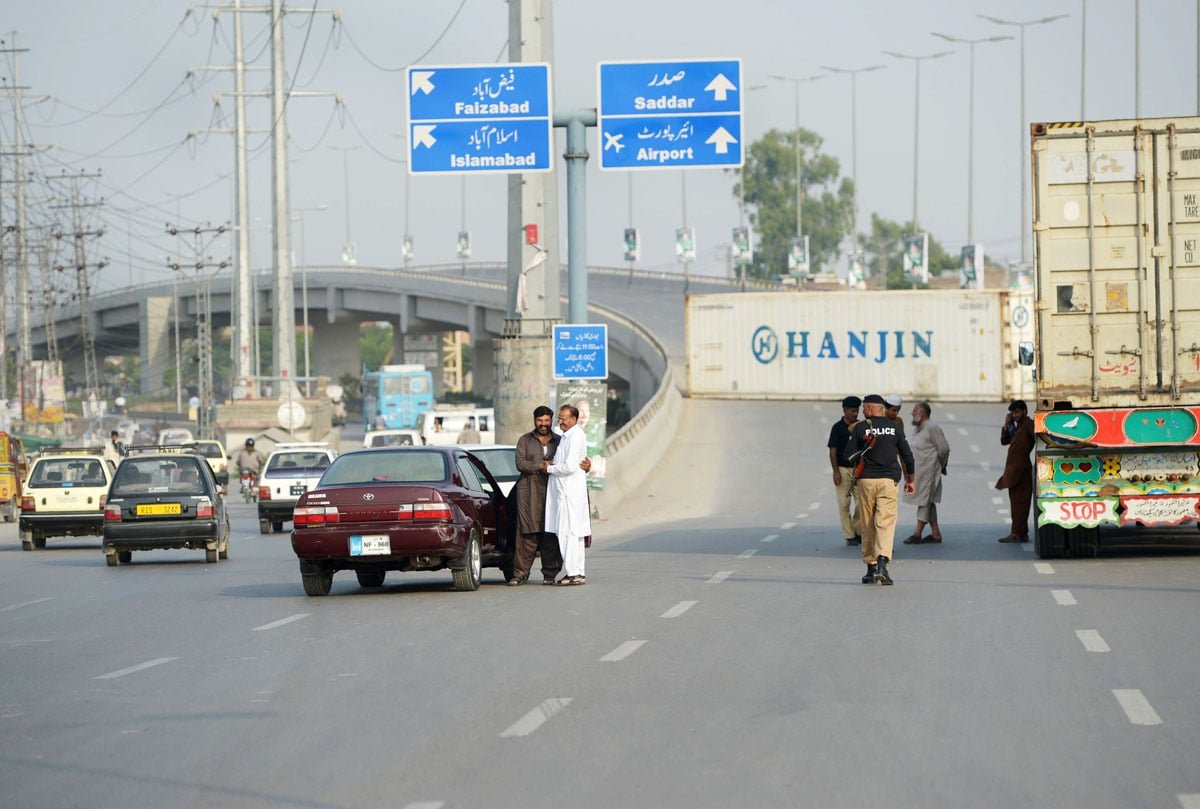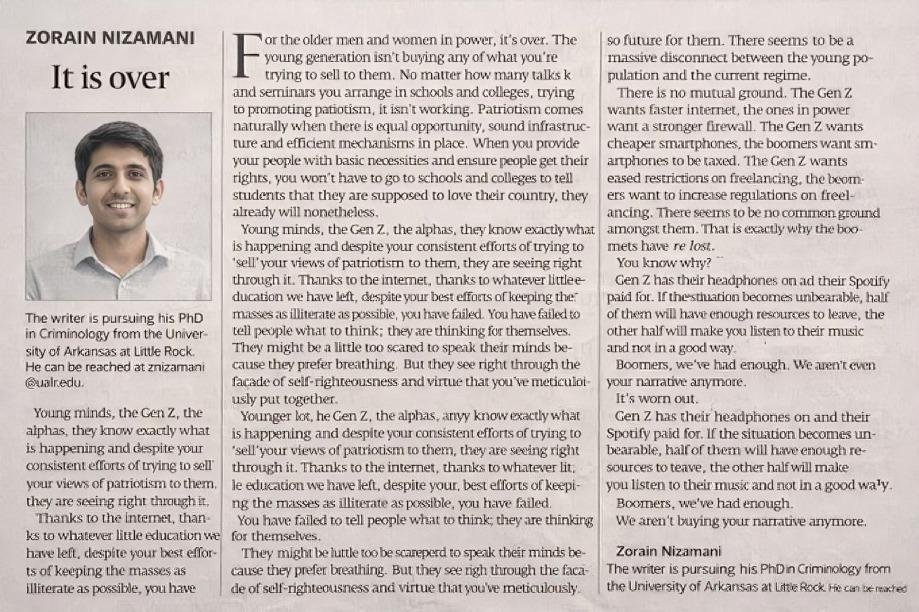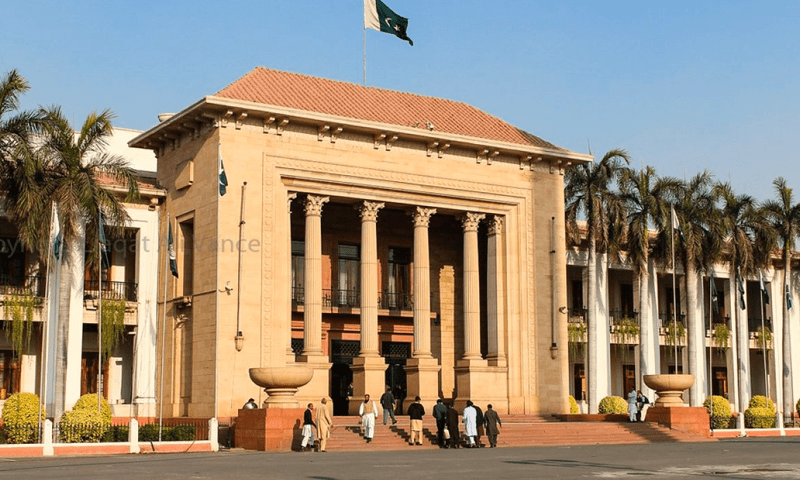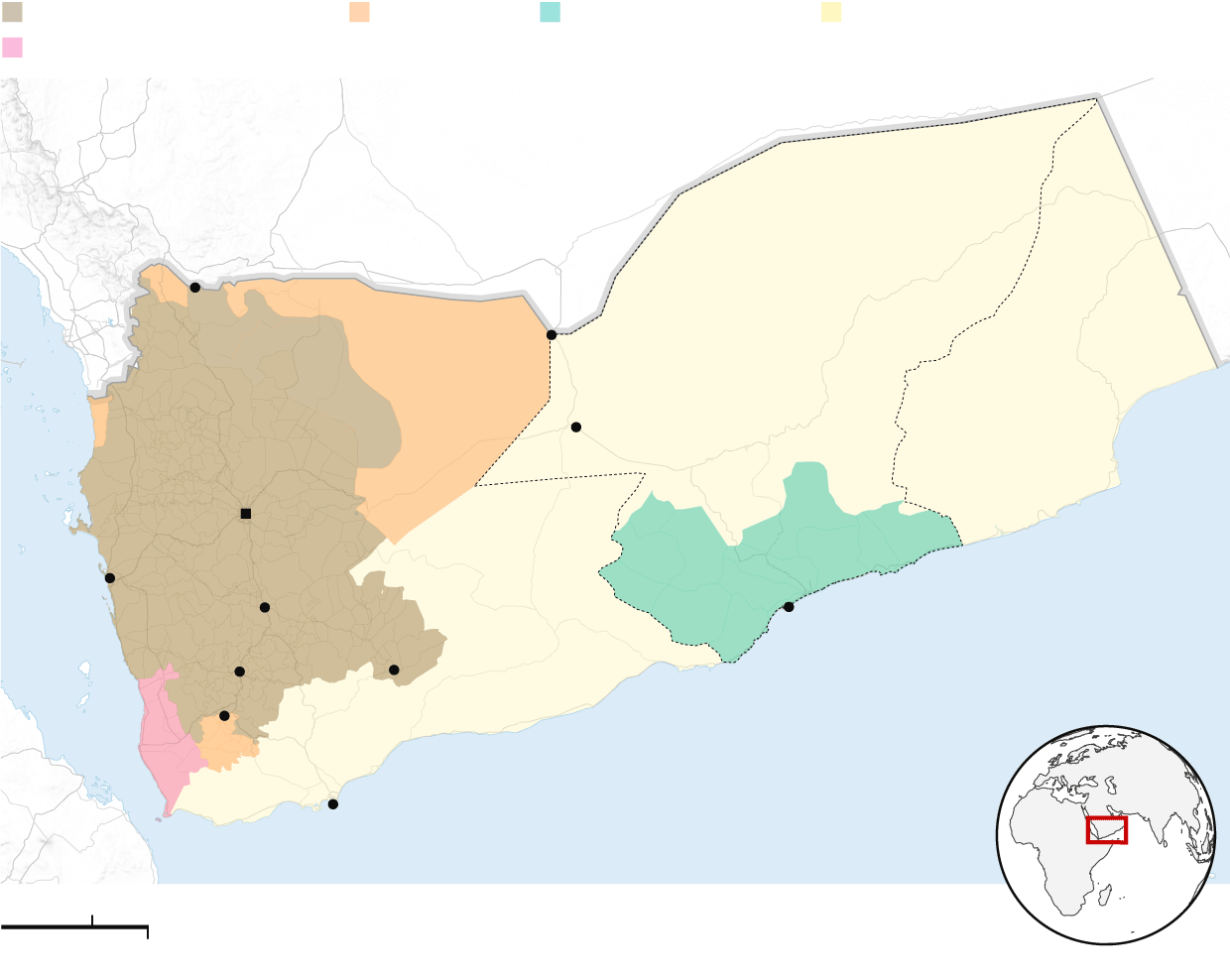Editorial
Polio’s persistent presence in Pakistan underscores deep-rooted systemic issues that go beyond health interventions, pointing to significant challenges in governance, infrastructure, and societal barriers. Despite decades of vaccination campaigns, the ongoing failure to eradicate polio can be attributed to a combination of poor sanitation, fragmented strategies, and lackluster commitment from key stakeholders. Addressing these factors is crucial for achieving a polio-free future.
A critical factor in Pakistan’s polio battle is inadequate sanitation. Polio thrives in environments with poor hygiene and limited access to clean water, particularly in rural regions where open defecation is common. According to UNICEF, 20% of the population lacks basic sanitation, which exacerbates the spread of the virus. In areas with weak health systems and no sewage treatment, children are at high risk of contracting polio.
Environmental samples from several cities across Punjab indicate alarming polio virus presence, with 83 districts infected this year. These findings highlight the urgent need to tackle hygiene alongside vaccination efforts.
Vaccine hesitancy further complicates the situation. Misconceptions about the vaccine, such as claims it causes infertility or is part of a foreign conspiracy, persist in some regions. These myths, spread via word of mouth, social media, and even by some religious leaders, fuel mistrust and resistance. In certain high-risk areas, vaccine refusal rates exceed 10%, deterring efforts to eradicate polio.
Security concerns in conflict-prone regions also hinder vaccination campaigns. Polio workers face threats, harassment, and even death, preventing them from reaching vulnerable populations. Additionally, fragmented governance and weak coordination between national and provincial authorities hamper progress, leading to inefficiencies in vaccination campaigns.
To end polio in Pakistan, a multi-sectoral approach is needed. This includes improved sanitation, targeted community engagement, better governance, and enhanced security for health workers. By learning from successful polio eradication efforts in countries like India and Nigeria, Pakistan can overcome its challenges and protect future generations from this debilitating disease.















